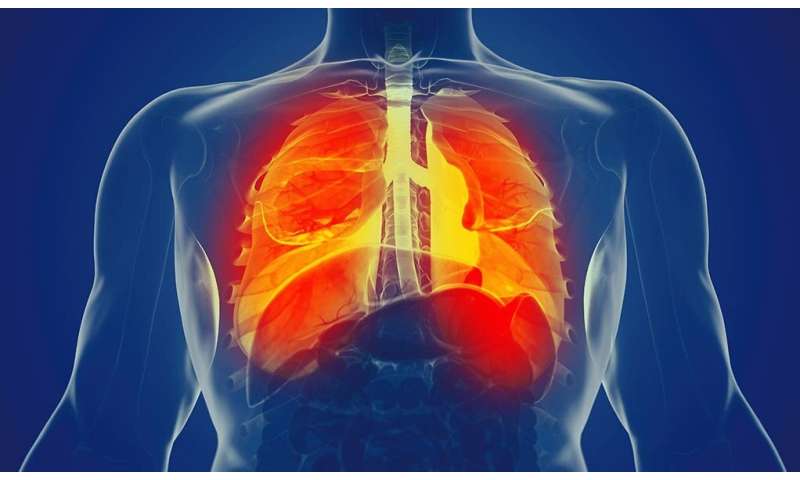
When the body is fending off an infection, there are changes in temperature, pH balance, and metabolism. Yale researchers wondered if yet other factors might come into play, and in a recent study, confirmed that mechanical forces also influence the immune response.
The research team explored the matter by focusing on studies of the lungs where breathing creates pressure inside tiny airs sacs called alveoli. With a custom-built pressure chamber, they mimicked the mechanical forces inside that environment and observed how immune cells responded. In a separate experiment, they studied mice modified to lack a gene, PIEZO1, which links mechanical forces to biological signals. After exposure to bacteria, the animals showed reduced ability to stimulate immune cells that fight off infection.
The results show, for the first time, that force and pressure in the lungs alter the way that immune cells respond to infection. This novel finding might explain, in part, why lung diseases that stiffen tissue, such as lung fibrosis, are hard to treat. While more research is needed, investigators could use this insight to develop therapies that target PIEZO1 in order to boost immunity in the lungs.
Source: Yale University

